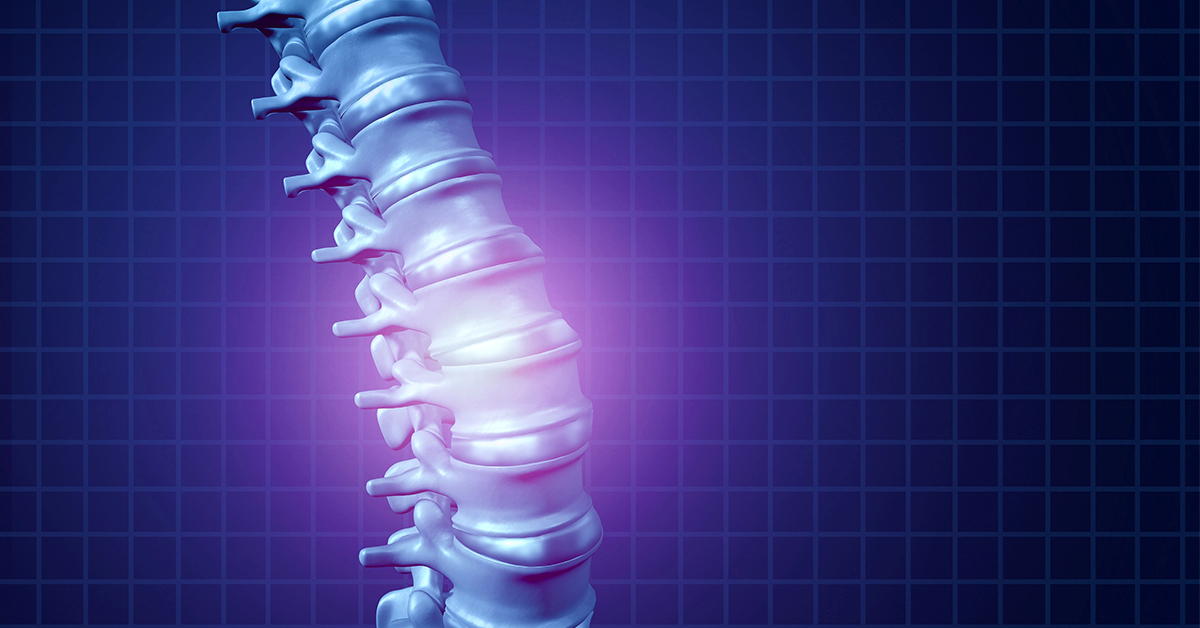What Are the Red Flags for Low Back Pain?


What Are the Red Flags for Low Back Pain?
Low back pain is a common ailment that many people experience at some point in their lives. While most cases are benign and improve with time, certain symptoms, known as "red flags," may indicate a more serious underlying condition that requires prompt medical attention. Recognizing these red flags can help ensure timely diagnosis and treatment.
Unexplained Weight Loss
One of the primary red flags for low back pain is unexplained weight loss, which could signal a more serious condition such as cancer or infection.
Persistent Fever
Persistent fever accompanying back pain may also indicate an infection, such as a spinal abscess or osteomyelitis.
Numbness, Tingling, or Weakness in the Legs
Another concerning symptom is numbness, tingling, or weakness in the legs, which can suggest nerve compression or damage, often seen in conditions like herniated discs or spinal stenosis.
Severe, Unrelenting Pain
Severe, unrelenting pain that does not improve with rest or worsens at night should not be ignored, as it may indicate a spinal tumor or other serious pathology.
Sudden Bowel or Bladder Incontinence
Additionally, sudden bowel or bladder incontinence, or difficulty controlling these functions, could be a sign of cauda equina syndrome, a rare but serious condition requiring immediate medical intervention.
Age-Related Concerns
Age can also be a factor in the assessment of back pain. For individuals over 50, new onset of back pain, especially if accompanied by a history of cancer, can be concerning for metastasis to the spine. Conversely, in younger individuals, particularly those under 20, persistent back pain may warrant evaluation for congenital or developmental conditions.
If you or someone you know experiences these red flags along with low back pain, it is crucial to seek medical attention promptly. Early diagnosis and treatment can prevent complications and improve outcomes. Remember, while low back pain is often benign, these warning signs should not be ignored, as they may indicate a more serious underlying issue.



